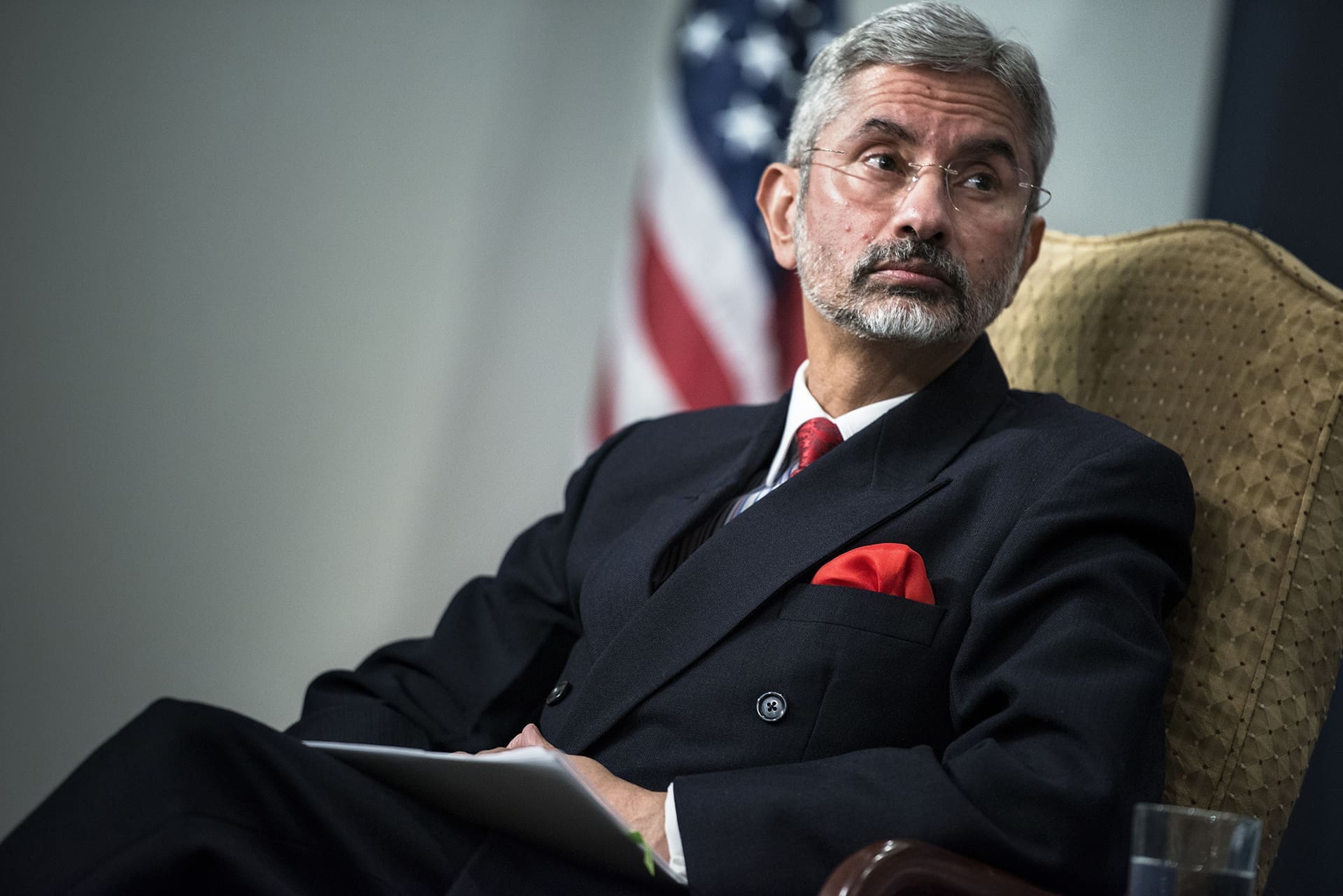Amid a backdrop of rising protectionism and geopolitical tensions, India’s External Affairs Minister S. Jaishankar has underscored the complex interplay between globalisation and national security. Speaking at the Kautilya Economic Conclave, he highlighted that while globalisation has fostered deep interdependencies, it has also sparked significant job losses and dissatisfaction with the quality of life across various societies.
The Weaponization of Trade
Jaishankar articulated that trade has evolved beyond mere globalisation; it has become a tool of geopolitical strategy. He stated, “Trade is not just globalised; it’s also weaponized,” reflecting concerns that nations are increasingly viewing economic transactions through the lens of national security. This shift has prompted countries to adopt protective measures against foreign imports, particularly in response to the influx of Chinese goods, which many perceive as predatory practices aimed at undermining local industries.
In 2024 alone, India imposed over 30 anti-dumping measures against Chinese products, marking the highest number for any country. These measures target a range of industrial goods, including plastic processing machines and welded stainless steel pipes. Indian businesses argue that such actions are necessary to safeguard domestic industries from unfair competition.
Globalisation vs. Protectionism
Jaishankar noted that the backlash against globalisation has been largely influenced by its management over the past 25 years, leading to widespread job losses and political discontent. He explained that while global supply chains have become increasingly transnational, this interconnectedness has not shielded economies from the adverse effects of globalisation. The narrative of job losses remains potent, influencing political landscapes and prompting nations to prioritise domestic job creation over economic efficiency.
Geopolitical Shifts and Their Implications
The ongoing conflicts in Ukraine and West Asia have further complicated global trade dynamics, diverting attention from pressing issues such as climate change and reforms of Multilateral Development Banks (MDBs). Jaishankar pointed out that these conflicts have limited bandwidth for addressing critical global challenges, emphasising that while the India–Middle East–Europe Economic Corridor (IMEC) remains a viable project, its progress has been hampered by current geopolitical distractions.
Despite these challenges, Jaishankar remains optimistic about the IMEC’s potential. He mentioned ongoing projects with the UAE and feasibility studies with Saudi Arabia, asserting that the need for such initiatives is more crucial than ever given rising geopolitical risks.
Conclusion
Jaishankar’s remarks encapsulate a pivotal moment in global trade relations where the forces of globalisation are increasingly clashing with protectionist sentiments. As countries navigate this complex landscape, the balance between fostering economic interdependence and ensuring national security will be critical in shaping future trade policies. The evolving narrative around trade, characterised by both opportunity and caution, underscores the need for strategic approaches to safeguard domestic interests while engaging in the global economy.

